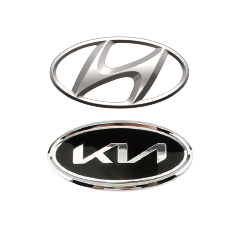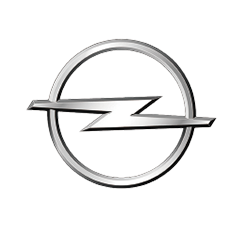"In international maritime transport, ocean LCL is used when the quantity of goods is small or the volume is insufficient to fill the entire container.
Ocean LCL cargo is usually organised and managed by logistics companies or freight forwarders. Cargoes from multiple shippers are assembled through reasonable consolidation so that the container space is
Container space is fully utilised.
So, what are the differences between ocean freight LCL and FCL, and what are the precautions to be taken when shipping?
01 The difference between LCL and FCL
Consolidation of sea transport, is the different owners of goods through the assembly, concentrated in a container for transport. Ocean freight LCL can make full use of the container capacity, reduce the transport cost of each owner.
Ocean freight FCL, also known as full container transport or full container transport. Cargo will not be mixed with other cargo from different shippers in the same container. This method is suitable for a large number of goods or goods that need to maintain integrity and independence.
02 LCL features and advantages
Cost-effectiveness: For smaller quantities, LCL shipments are usually more cost-effective than FCL shipments because the freight costs are shared among multiple shippers.
Flexibility: Consolidation allows shippers to transport smaller quantities as needed without having to wait for the container to be full.
Space-saving: By reasonably consolidating cargo, the space of the container can be fully utilised and the waste of space can be minimised.
03 Notes on ocean freight LCL
Loading and unloading time: As it needs to be assembled at the time of loading and unloading, LCL transport may need more loading and unloading time.
Cargo Protection: Cargo may come into contact with other cargo in the container and may require additional protection measures.
Route limitation: some routes and ports may not have LCL service, resulting in limited transport options.
04 Practical Tips for Ocean Freight Consolidation
Generally do not accept designated shipping companies
The shipping company only accepts the booking of full container cargo, but not directly accept the ocean freight booking of LCL cargo, only through the freight forwarder to LCL cargo after the whole booking to the shipping company.
General freight forwarders due to the limitations of the source of goods, can only focus on booking to a few shipping companies, rarely meet the needs of the designated shipping company, so try not to accept the designated shipping company in the transaction of LCL cargo, so as not to be able to meet the requirements for consignment.
Almost all LCL cargoes are transported through forwarders' "centralised consignment and centralised distribution", and the LCL distribution port in East China is basically Shanghai Port.
Pay attention to the relevant transport terms
When negotiating with the customer, special attention should be paid to the relevant transport terms, so as to avoid the other party's letter of credit being issued and then discovering that the transport terms cannot be met when handling consignment.
In daily operation, we often encounter L/C regulations LCL cargo transport does not accept the freight forwarder's bill of lading, because the shipping company does not directly accept LCL cargo booking, the shipping company's bill of lading is issued to the freight forwarder, and the freight forwarder and then issued HOUSEB/L to the consignor, if the L/C regulations do not accept the freight forwarder's B/L, then the actual transport for the time of the choice of no space, will result in the discrepancy between the L/C.
Billing tonnage as accurate as possible
Before the delivery of LCL cargo, the factory should be asked to measure the weight and size of the cargo as accurately as possible, and when the cargo is delivered to the warehouse designated by the forwarder for storage, the warehouse will generally re-measure the cargo, and the re-measurement of the size and weight as the charging standard.
In case the factory changes the packaging, the factory should be asked to notify in time, do not wait until the goods are delivered to the warehouse of the freight forwarder, through the freight forwarder will be the information back, often time is already very tight, and then change the customs declaration documents, it is easy to delay the customs declaration, or to produce the expedited customs clearance fees and charges for punching the harbour.
Pay attention to the minimum charges for cargo
In some ports, due to insufficient LCL cargo source and high cost, the forwarding company specialising in LCL takes the minimum charge for cargo with small volume.
For example, the minimum starting point is 2 freight tonnes, i.e., less than 2 freight tonnes, all charges are calculated according to 2 freight tonnes. Therefore, for cargoes with smaller volume and more remote ports, we should consider some more such factors when closing the deal, so as to avoid being passive in the future.
Confirmation of charges before signing
For those LCL cargoes with remote routes and ports, and the customers want to deliver to inland points, it is better to consult with the shipping company and forwarder before signing the contract to confirm that the shipping company and forwarder can undertake to handle the delivery to these remote ports and inland points as well as the relevant costs before signing the contract.
Summary:
Overall, ocean LCL is a flexible and affordable way of ocean transport, especially suitable for export transport of smaller quantities of goods or small businesses."




